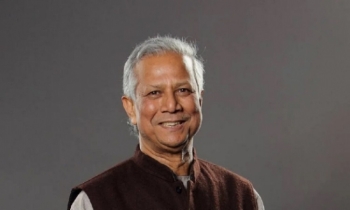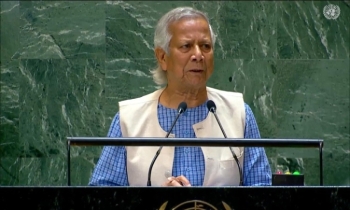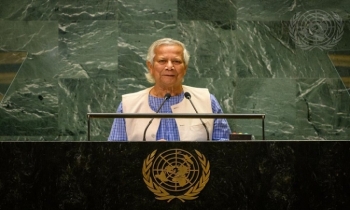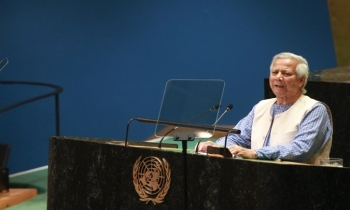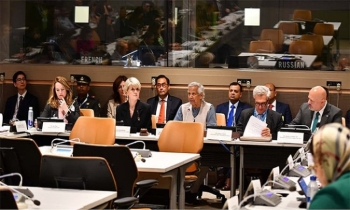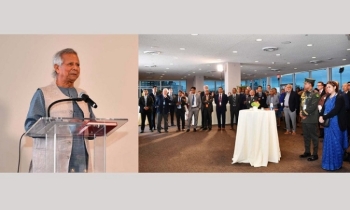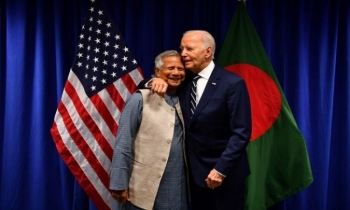Electricity shortage not to end soon: PM’s adviser
BI Report || BusinessInsider
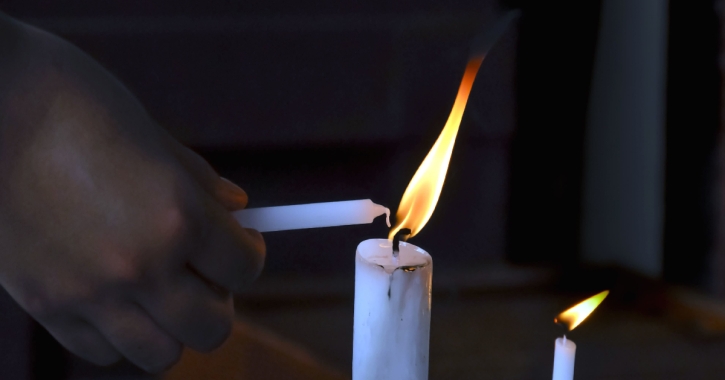
File photo
Prime Minister's energy advisor Dr Tawfiq-e-Elahi Chowdhury said fuel shortage has intensified the electricity outages across the country and the crisis will not end anytime soon.
“Fuel shortage is hampering power production,” Chowdhury told reporters after a seminar on “Aspirational momentum: The development story of Bangladesh” held at a city hotel on Sunday. Bangladesh Institute of Development Studies (BIDS) organised the seminar.
“We’ve to reduce electricity use. We’ve to take the pain,” he said.
About his earlier comments that the power situation will improve in October, Chowdhury said he had thought that the Russia-Ukraine war would have ended and the Rampal power plant would be in operation.
“But that was not the case. It will take time to start operations of the Rampal plant,” he said.
Soaring fuel prices and continued devaluation of the taka have tightened the capacity of Bangladesh to buy oil and gas from overseas markets to generate electricity and supply gas to industries, which is impacting factory production.
According to the Bangladesh Power Development Board (BPDB) data, as of Sunday Bangladesh had a demand of 13,500 megawatts of electricity and it generated 12,813 MW. So, the shortage was 687MW on Sunday.
“We have to cut fuel import considering the future situation as part of the plan to conserve foreign currencies,” he told reporters.
He said developed nations like Britain and Germany are now experiencing 4-5 hours of load shedding.
He said there was a plan to import 1600 MW of power from India’s Adani Group and also get 1000 MW from the Rampal power plant.
But transmission lines for these two projects are not ready and it will take 3-4 months more to get electricity from those.
“As a result, it is unlikely to improve the power supply situation very soon,” he said.
He, however, said the government is trying to bring some natural gas from the Bhola district and raise 1000 MW of power generation from solar energy.
There is also a plan to replace some existing diesel-run irrigation pumps with solar-run irrigation systems, he added.


